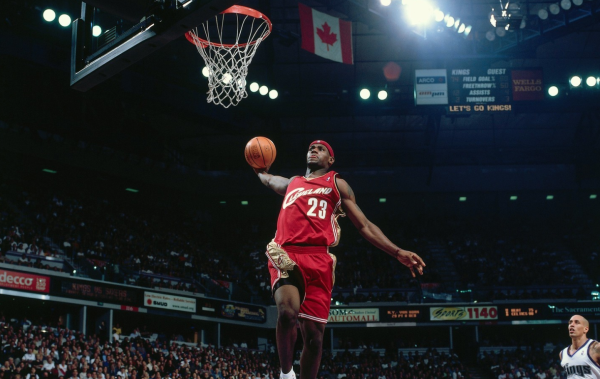Student Athlete Column: New Year, New Me?
When the clock strikes midnight on New Year’s, there often comes a laundry list of resolutions. People flood the gym on Jan. 1 (only to never return until the next year). Others try out new diets, or plan to read a book or two each month. Personally, my athletic side results in my resolutions coming in the form of long-term goals. I’ll sit down and write out a whole list. “I want to run a personal record in the 800m this year.” “I’m going to qualify for the final at Atlantic 10s.” “I’m going to break 5 minutes in the mile.”
But as we roll into 2023, I’m dealing with a few setbacks once again. I caught the flu over winter break which left me bedridden for six days — an absolute nightmare for when you’re trying to develop base mileage. I finally get back up and running, only to almost immediately develop a glute strain. Back to the pool! (This is doing wonders for my mental health.)
Nobody wants to be injury prone — there’s nothing worse than feeling like you’re behind the eight ball. Sometimes I’ll be aqua-jogging in endless circles with my mind spinning equally as fast, constantly thinking about what sort of shape I’m in for my next race. There’s so much I want to achieve and so little time to do it. With potentially one semester left here at Fordham, I feel like I’m running against a ticking clock, metaphorically speaking.
But I am also a person who constantly says everything happens for a reason. It’s easy for me to sit here and type “well, it’s all going to be A-OK!” but from what I’ve learned over the years, happiness doesn’t always come easily. That “reason” behind a struggle may not be something I like, but it makes sense in the long run.
I’ve taken a new approach to goal-setting to alleviate some of the pressure. At the end of the year, I used to look at the goals I didn’t achieve and just get incredibly frustrated. Now, I look back on the things and pat myself on the back for everything I did. Most of the time, I achieve the most when I least expect it. A broader outlook like “I’m going to work on improving my speed,” or “I am going to be proud of my result at A-10s,” just lessens the load a little bit. Everything I do contributes in some way. I can always delve into the specifics on race day, rather than accumulate worry over periods of time.
It’s been hard to stay positive through the setbacks I mentioned above. I want to run fast now, and I hate feeling as if I’m stuck on the sidelines. But, hey, it’s early in the season, and my priorities adjust. After all, victory tastes so much sweeter after a comeback.













































































































































































































